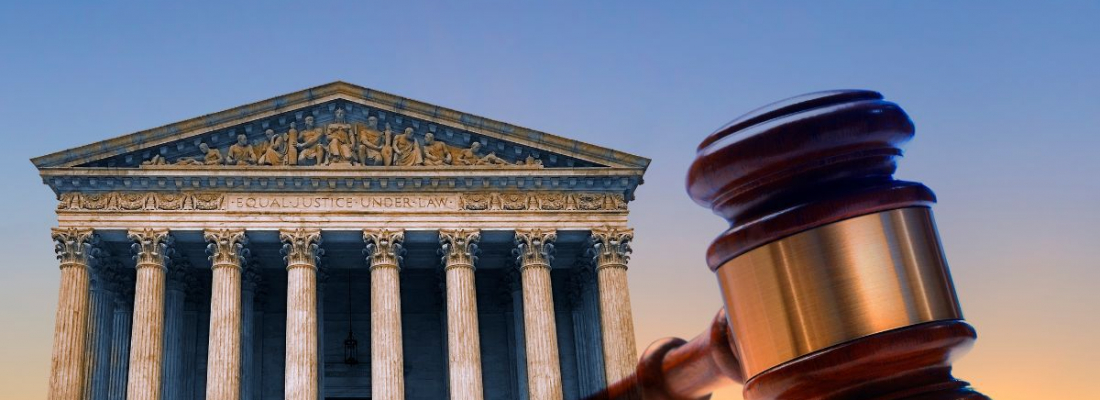The U.S Supreme Court heard arguments last month in the case of Carson v. Makin, which concerns the Religion and Equal Protection Clauses of the U.S. Constitution. In this case, the high Court will determine whether a state can exclude private religious schools from a state program that provides public funds for private education without violating the U.S. Constitution. A ruling against the state’s position would require state and local governments that opt to subsidize private school tuition to allow parents to use taxpayer funds to pay for religious schools.
Background Facts
The Maine state constitution requires it to offer a free public education to all K-12 students in the state. Schools across the state are divided into school administrative units (SAUs). SAUs can either operate their own public schools or provide for students to attend other schools. SAUs that do not operate their own public schools can either contract with another public or approved private school for their students or provide funds to attend approved private schools of the parents’ choice. These options affect only about 5,000 students in the most rural and sparsely populated areas of the state.
Private schools who wish to receive tuition from public funds through this program must meet specific requirements, including the requirement that schools be nonsectarian schools according to the First Amendment of the U.S. Constitution. A sectarian school is generally associated with a particular faith or belief system, promotes that faith, and presents religious instruction to students. Two sets of parents sued the state for excluding tuition payments from SAUs to sectarian schools, arguing that it violated the Free Exercise Clause, the Establishment Clause, and the Equal Protection Clause.
The federal district court ruled in favor of the state, and on appeal, the U.S. Court of Appeals for the First Circuit affirmed the district court’s decision.
Espinoza v. Montana Department of Revenue
While Carson v. Makin was pending, the U.S. Supreme Court decided the case of Espinoza v. Montana Department of Revenue, which is another case that dealt with school funding of private schools, including religious schools. In that case, the Supreme Court ruled that although states need not subsidize private schools, they cannot exclude students or schools from participating in programs that provide funding for private schools simply because the schools are religious. However, that case did not address the scenario in Carson v. Makin, where if the parents’ arguments prevail, public funds can be used to further religious purposes at school.
Arguments in the Case
The parents argue that Maine’s refusal to allow sectarian schools to receive funds from the state program amounts to discrimination, either based on the schools’ religious status or because they teach religion to students. The typically conservative justices appeared to conclude that the state program unconstitutionally discriminates against sectarian schools. These justices also expressed concern that state officials would have to examine religious schools’ curriculums to determine their eligibility for the program.
The state of Maine counters that the tuition assistance program does not discriminate but rather is designed to provide all students with the equivalent of the education that they would have received if they attended a public school or a nonsectarian or religiously neutral education. The liberal justices echoed this argument, stating that in SAUs that operate their own public schools, parents who wish to send their children to religious schools receive no tuition assistance. Instead, they must pay for their children’s private school tuition on their own if that’s where they choose to send them. As a result, Maine’s tuition assistance program treats all students in the state of Maine equally, in that they are responsible for the costs of attending private schools, not taxpayers.
We Are Here to Help You with Your Legal Issues The attorneys and staff of Church Law Center focus on providing legal assistance to nonprofits, churches, and religious organizations. As federal and state laws continue to evolve rapidly in these areas, we pride ourselves on keeping up to date with these changes as they occur. Our goal is to help you prevent legal issues before they occur. Contact our offices today at (949) 892-1221 or online and schedule an appointment to speak with us about your case.






